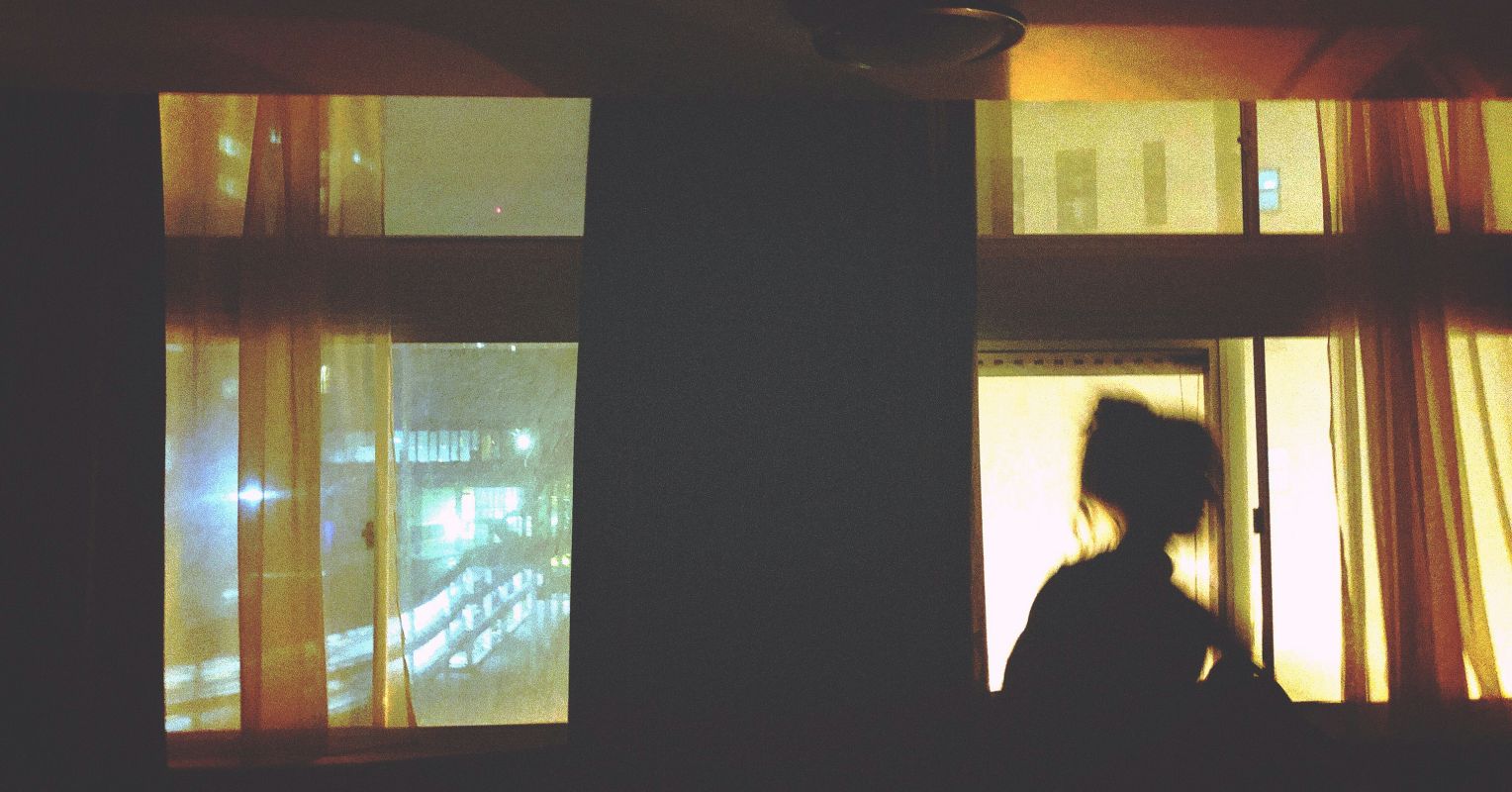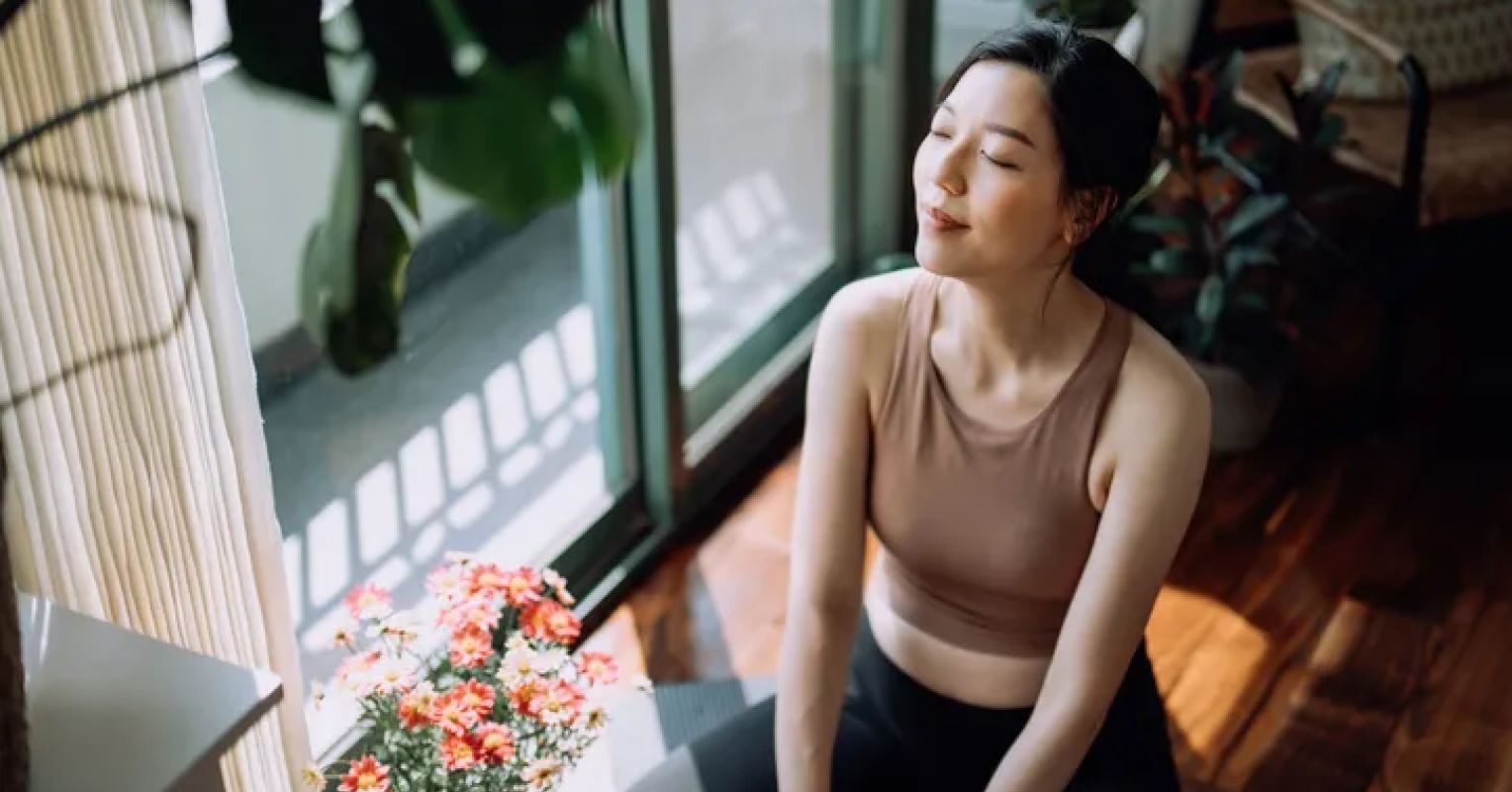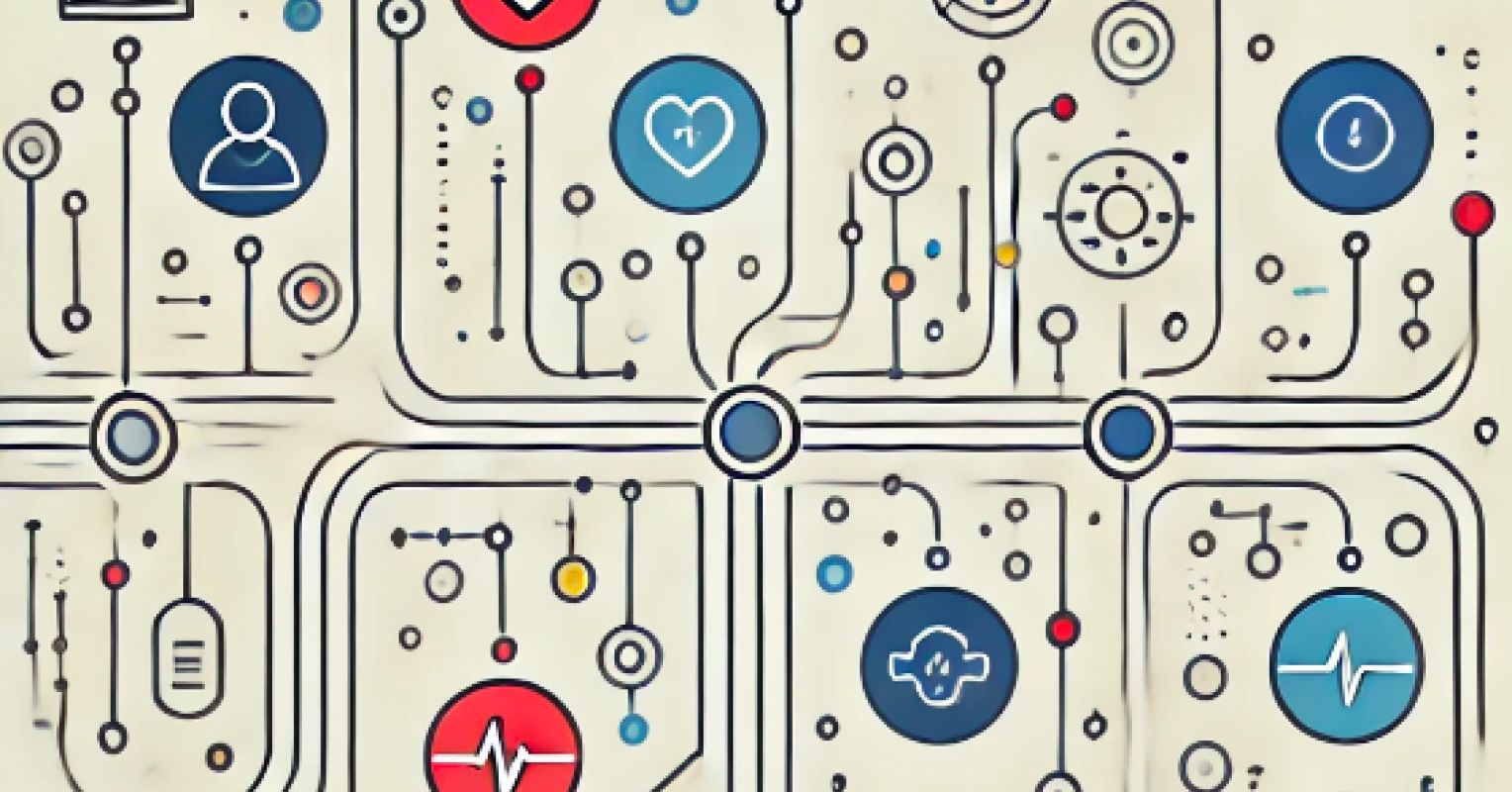The link between sleep and mood has long since been established. Sleep deprivation can have a significantly negative effect on mood—as anyone who has bickered with a grouchy and underslept partner knows—and conversely, mood problems have long been known to cause sleep disruption. In fact, the timing of sleep cycles has also been shown to be associated with the risk of mood disorders, with research showing that those who stay up late tend to have more depression symptoms than people who are early risers.
But why exactly might that be? What variables account for that relationship? A recently published study attempts to look deeper.
The new research, which was published in the journal Public Library of Science One by researchers at the University of Surrey in the United Kingdom, surveyed more than 500 college students in a cross-sectional (one-time data collection) design. The survey asked participants for data on their sleep patterns, alcohol use, tendencies toward rumination, mindfulness skills, depression symptoms, and anxiety levels.
Once again, night owls—also known as “evening chronotypes”—did report more depression symptoms than early risers (or “morning chronotypes”). Night owls also, in general, had worse sleep quality, more alcohol consumption, and reported less mindfulness in their daily life.
Could it be that alcohol use, truly poorer sleep quality, and a tendency toward less mindful action are key variables that account for the heightened depression prevalence among night owls?
This study does not show causation—it’s just a correlational cross-sectional survey—but these associations identify areas worthy of further research. Heightened alcohol consumption and lowered mindfulness, in particular, are potentially bidirectional in their association with depression.
It stands to reason that those with depressed moods are more likely to drink alcohol more frequently or in higher amounts, and higher alcohol consumption, in turn, can bring on a depressed mood over time. Similarly, practicing mindfulness may lessen depression, but depressed individuals may be less willing and able to practice mindfulness. In turn, the relationship can become cyclical.
Thus, causation is still far from clear, given the absence of an experimental manipulation in this research. Still, the identification of these variables suggests what might be useful interventions for those who are prone to depressive symptoms and also happen to be night owls.
Finally, it’s important to note that only university students were studied. Norms for sleep patterns and alcohol use are likely to be somewhat skewed for university students versus the general population. People in college, for example, might have sleep patterns that are more dictated by external factors, such as roommate behaviors, dorm noise, or early classes. Relatedly, the alcohol use patterns of college students may deviate from older adults in significant enough ways that this study is not generalizable outside of the college population.
Further targeted research could help answer those questions. But, at least for young adults who are experiencing heightened depression and anxiety symptoms—particularly those saying they are at crisis levels—this study could be beneficial in its own right.




